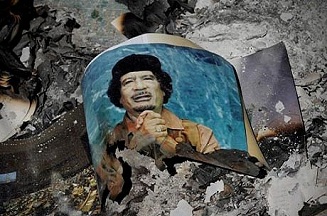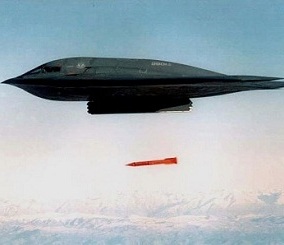QUO VADIS, UNITED NATIONS?
Lecture delivered at the convocation on the occasion of the centenary of the Polytechnic University of the Philippines and the third anniversary of the foundation of the College of Law, Manila, 22 June 2004
(I) From the League of Nations to the United Nations Organization – Compromising the notion of “sovereign equality”
In order to make an assessment of the future prospects of the United Nations Organization, we first have to take a look into the past – at the world organization’s history, but also at international organization as it existed prior to the foundation of the United Nations in 1945.
The relations between states before World War II were characterized by the traumatic experience of the sudden collapse of the old European order of nation-states in the conflagration of the first “world war.” However, the League of Nations, created after that war, could not hold international power politics in check; its Covenant, part of the Peace Treaty of Versailles, did not effectively tame nation-state sovereignty.
The basic challenge before the League consisted in how to integrate the sovereignty of the nation-state into a cooperative international system that is based on the rule of law binding upon all. One of the main achievements of the post-World War I order, in terms of the rule of law, was undoubtedly the ban on the use of force in relations between states through the Kellogg-Briand Pact of 1928. This treaty was concluded at the initiative of the United States[1] – although this country had never acceded to the League of Nations.
At this point in time, efforts were even made towards the establishment of an international criminal court that, for the first time in history, would have determined individual criminal responsibility outside the confines of national sovereignty; but the respective draft convention, adopted by the Assembly of the League of Nations in 1937,[2] never entered into force.[3]




























